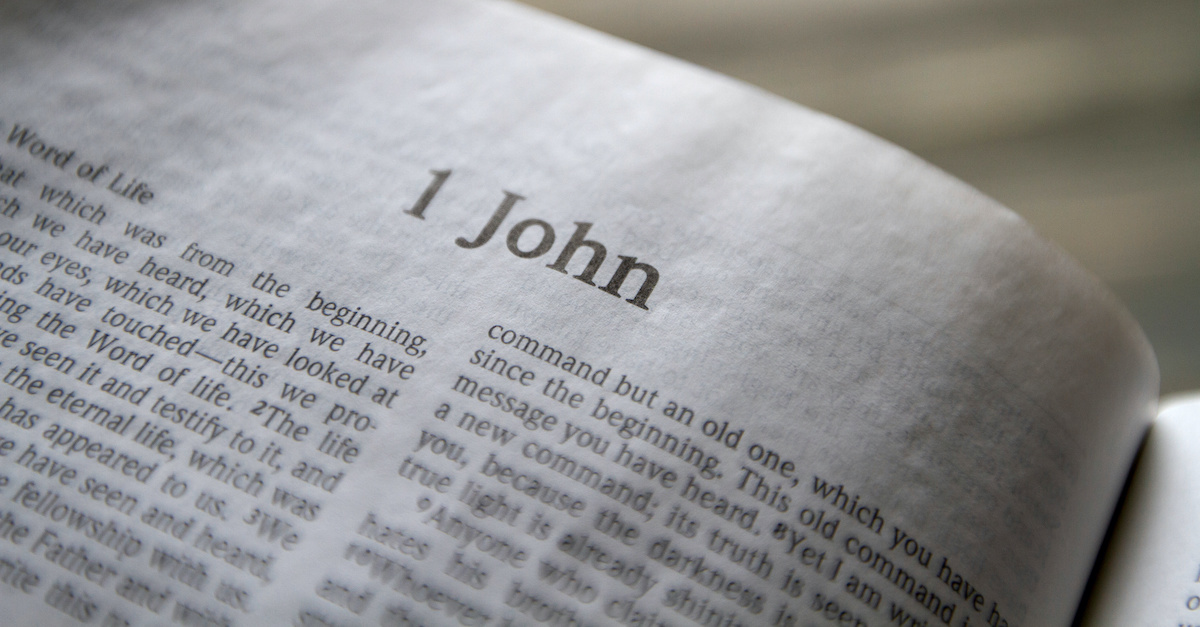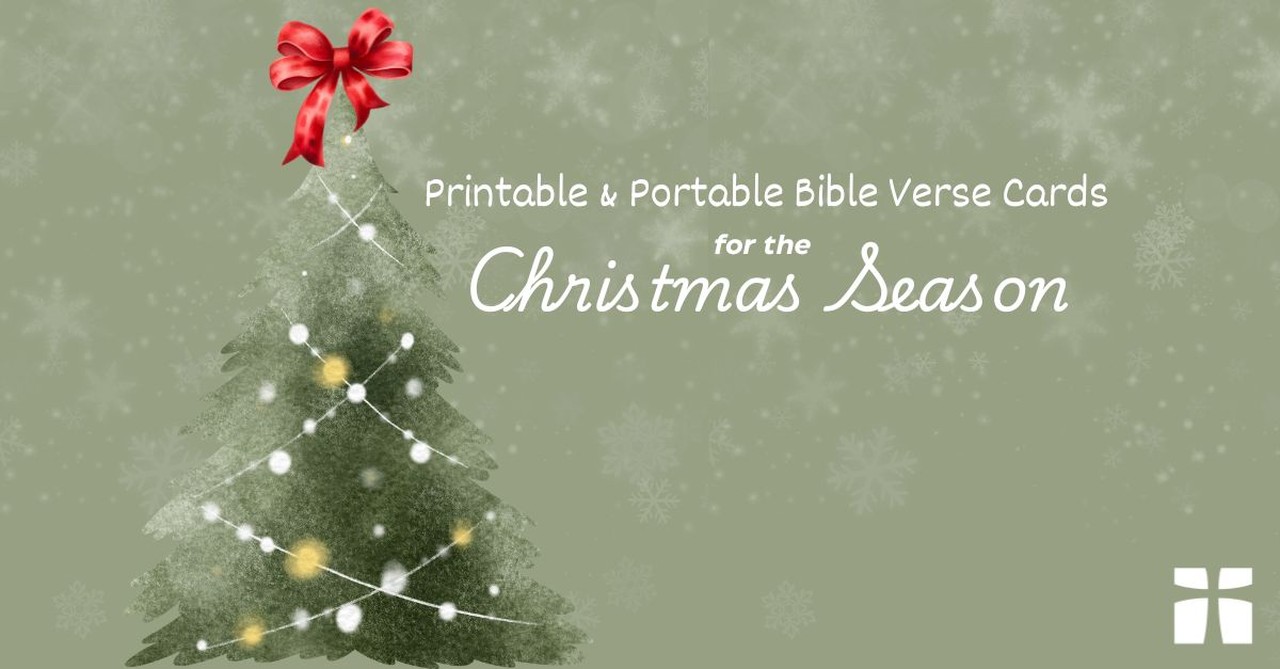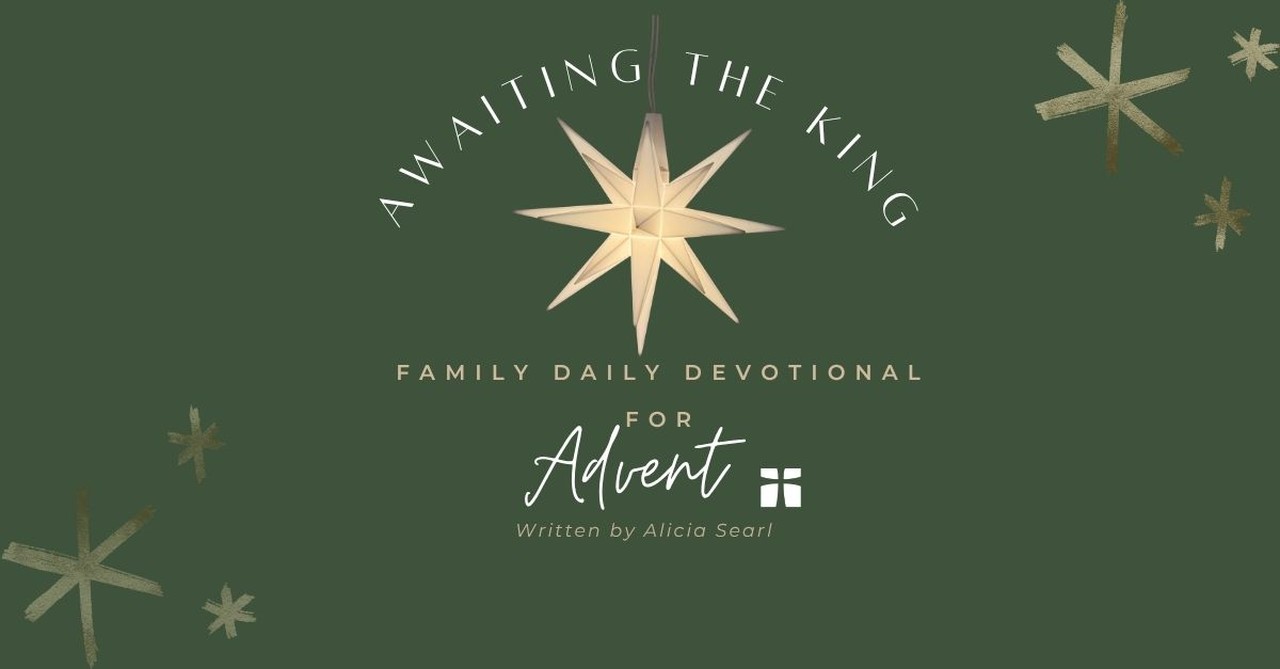1 John
These are all of the chapters of the book of 1 John. Clicking on a chapter will show you the text of that chapter of 1 John in the Bible (New International Version).

Who Wrote the Book of 1 John?
While the first epistle of John does not identify an author, most scholars believe it was written by the apostle John, who also wrote the Gospel of John. Not only do its style, vocabulary, and themes strongly mirror the Gospel of John, but we also know 1 John is written by an eyewitness of Christ’s ministry (1 John 1:1-3). The apostle John was part of Jesus’ inner circle, one of the 12 disciples chosen by the Lord to walk and learn with Him during His time on earth. John, a fisherman, was the son of Zebedee and brother of James, another of the 12 disciples (Matthew 1:21-22).
Context and Background of 1 John
The slender book of 1 John might seem simplistic on the surface, but its emphases on love, faith, and standing in God’s promises of eternal salvation make it one of the more encouraging and helpful books of the New Testament.
Scholars think 1 John was written around A.D. 85-95 to believers in what is today Turkey. It is believed he wrote the letter while living in Ephesus. At the time of its writing, many Christians were experiencing a crisis of faith because of persecution and false teaching. Some had returned to Judaism, and others were floundering, confused by messages that Jesus was perhaps not fully human or the actual Son of God. Others wrestled with loving one another. Still, others struggled with cultural pressure to worship the Roman emperor.
“I write these things to you who believe in the name of the Son of God so that you may know that you have eternal life,” the letter says (1 John 5:13).
Indeed, John writes to remind Christians that Jesus truly is God’s Son, those who believe are guaranteed eternal life, and if we believe, we must model His ways. That includes having authentic love for all people, just like Jesus.
Main Theme and Purpose of 1 John
1 John reads more like an encouraging speech or sermon rather than an instructional letter. It is filled with inspiration and reassurance about the core truths of the Gospel, offering simple yet morally critical parallelisms that underscore the message of the cross: love vs. hate, light vs. dark, Christ vs. antichrist, etc.
As John writes, “We proclaim to you what we have seen and heard, so that you also may have fellowship with us. And our fellowship is with the Father and with his Son, Jesus Christ” (1 John 1:3). Here, the word “fellowship” is translated from the Greek word koinonia, meaning a deep communal, covenantal sharing. In essence, John is saying he wants readers to know the truth in their souls and fully be one with Jesus.
First John begins with an announcement: we have seen the Gospel firsthand, and offer it again to you so we can all share in this (1-4). Next, a key point: God is light, with no darkness in Him at all. We must live in the light. We cannot walk in the dark and simultaneously say we walk with Christ. “But if we walk in the light, as he is in the light, we have fellowship with one another, and the blood of Jesus, his Son, purifies us from all sin” (1:7).
The second chapter elaborates on this, noting when we obey God’s commandments instead of walking in sin, we are in Him—and the light. We cannot disobey God’s commands and be counted as one of His, for “We know that we have come to know Him if we keep His commands” (2:3). This includes loving each other. Further, he writes, as Christians, we are not to love the world and its evil ways (2:15-17), nor heed false teachings that Jesus is merely a God-inspired teacher or prophet. Remain in the truth, John urges, for those who deny Jesus is the antichrist (2:18-19). Our reward is eternal life (2:25).
Chapter 3 reminds us of the glorious privilege we have in being children of God (3:1). As such, we must be in relationship with Jesus and model ourselves after Him ((3:3-10). This means avoiding evil and deception. Don’t be like Cain, hating our brother (3:12-15). Instead, love each other so deeply as to sacrifice our very lives for each other—just as Jesus did. For, “This is how we know what love is: Jesus Christ laid down His life for us. And we ought to lay down our lives for our brothers and sisters” (3:16).
Jesus is truly the Son of God come in the flesh, John writes in Chapter 4 (4:2-3). We can know if what we hear is from God or the antichrist. If someone says Jesus is Word become flesh, then they are Christian—from God. But if they don’t acknowledge Jesus, then they are not (4:3).
Be sure to love each other, for love is from God, and God is love (4:7-8). God showed his love by sending His Son as a sacrifice for our sins. God’s love is perfected in us when we love others the same way. The final chapter begins by reminding us the faithful defeat the world (5:1-5). God gave eternal life to us in His Son, Jesus. “Whoever has the Son has life; whoever does not have the Son of God does not have life” (1 John 5:12).
John reassures us that God listens to everything we ask, so have confidence in our prayers and pray for other believers struggling with sin. God will answer our prayers and set them on the right path (5:13-16). Finally, he concludes, remember our identity: We are from God, and we should forget the teachings of the world and guard ourselves against idols.
What Can We Learn from 1 John Today?
Embracing love over hate and focusing on the Gospel over worldly messages are critical themes for Christians today. Division and polarization are rampant in society, whether because of racial, cultural, political, or other differences. Keeping Christ at the center of our interactions is an important message for today’s believers. Instead of feeling hatred or casting angry judgment at people who look, vote, or act in a way we do not, we must put love first. For as John writes, “Anyone who claims to be in the light but hates a brother or sister is still in the darkness” (1 John 2:9).
Not only that but holding tight to the values of Jesus over those we see and hear in secular culture is paramount. Often, cultural messages are driven by self- or money-first ideals, upholding everything from lust and gluttony to pride. But 1 John urges us to cling to the message of the cross, instead.
“You, dear children, are from God and have overcome them, because the one who is in you is greater than the one who is in the world,” John writes in 1 John 4:4.
Those who believe walk in the light and obey the commands of God, not the ways of the world (1 John 2:15-17).
Our Favorite Verses from 1 John
1 John is filled with encouraging verses that remind us of the truth of the gospel, the importance of faith, the promises we have in our salvation, and the importance of love. Besides those above, here are other favorites:
- “The world and its desires pass away, but whoever does the will of God lives forever.” - 1 John 2:17
- “See what great love the Father has lavished on us, that we should be called children of God! And that is what we are! The reason the world does not know us is that it did not know him.” - 1 John 3:1
- “Dear children, let us not love with words or speech but with actions and in truth.” - 1 John 3:18
- “We love because he first loved us.” - 1 John 4:19
- “This is the confidence we have in approaching God: that if we ask anything according to his will, he hears us.” - 1 John 5:14
Sources
NIV Cultural Backgrounds Study Bible, Copyright © 2016 by Zondervan.
NIV Biblical Theology Study Bible, Copyright © 2019 by Zondervan.
New International Encyclopedia of Bible Characters, Copyright 2001
NIV Study Bible, Copyright © 1985, 1995, 2002, 2008, 2011 by Zondervan.
Strong, James (1890), The Exhaustive Concordance of the Bible, Cincinnati: Jennings & Graham.
Insight.org. Swindoll, Chuck, “First John”
Photo credit: ©Sparrowstock
 Jessica Brodie is an award-winning Christian novelist, journalist, editor, blogger, and writing coach. She is also the editor of the South Carolina United Methodist Advocate, the oldest newspaper in Methodism. Her Christian contemporary novel, The Memory Garden, released this spring and has been in the top ten Christian women’s fiction and Christian contemporary books on Amazon; book two in the series releases this fall. Learn more about Jessica’s writing ministry and read her faith blog at https://jessicabrodie.com. She has a YouTube devotional, and you can also connect with her on Facebook, Instagram, and more. She’s also produced a free eBook, A God-Centered Life: 10 Faith-Based Practices When You’re Feeling Anxious, Grumpy, or Stressed.
Jessica Brodie is an award-winning Christian novelist, journalist, editor, blogger, and writing coach. She is also the editor of the South Carolina United Methodist Advocate, the oldest newspaper in Methodism. Her Christian contemporary novel, The Memory Garden, released this spring and has been in the top ten Christian women’s fiction and Christian contemporary books on Amazon; book two in the series releases this fall. Learn more about Jessica’s writing ministry and read her faith blog at https://jessicabrodie.com. She has a YouTube devotional, and you can also connect with her on Facebook, Instagram, and more. She’s also produced a free eBook, A God-Centered Life: 10 Faith-Based Practices When You’re Feeling Anxious, Grumpy, or Stressed.



